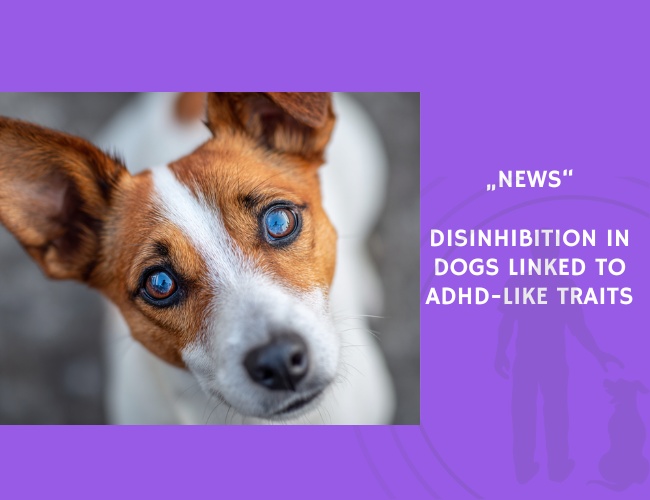Published in the Journal of Comparative Psychology, the 2019 study by Nóra Bunford and colleagues investigated how impulsive behaviors in dogs—measured using a touchscreen-based Go/No-Go task—correlate with owner-reported attention and hyperactivity traits. The results show that dogs making more commission errors (inappropriate responses in No-Go trials) also had higher owner-rated hyperactivity/impulsivity, suggesting a clear behavioral link.
Dogs with prior basic training responded faster, regardless of accuracy. Meanwhile, personality traits such as extraversion and confidence were associated with faster responses, whereas openness correlated with longer response times. Importantly, shorter latencies to incorrect responses were linked to higher levels of inattention, reinforcing the behavioral measurement’s relevance to real-world dog behaviors.
The authors propose that dogs may serve as a useful complementary model for studying human ADHD-like behaviors, providing a promising alternative to rodent models. This study offers early evidence of convergent validity between cognitive testing and behavioral rating scales in dogs, which may inform both canine behavior management and comparative psychology.
Source: Bunford, N., Csibra, B., Peták, C., Ferdinandy, B., Miklósi, Á., & Gácsi, M. (2019). Associations Among Behavioral Inhibition and Owner-Rated Attention, Hyperactivity/Impulsivity, and Personality in the Domestic Dog (Canis familiaris). Journal of Comparative Psychology, 133, 233–243. https://doi.org/10.1037/com0000174










